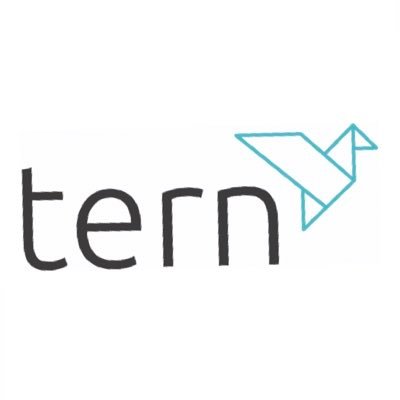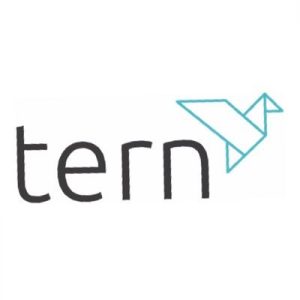Recent research highlights a significant challenge in the realm of IoT projects, with 74% of companies finding their initiatives unsuccessful. This is often due to extended timeframes, lack of expertise, and insufficient understanding of IoT requirements. For Industrial Internet of Things (IIoT) strategies, the complexity goes beyond merely connecting devices and collecting data. The success of these projects hinges on careful consideration of several factors that ensure seamless integration, effective data utilisation, and long-term scalability.
One of the primary aspects to consider in an IIoT strategy is the return on investment (ROI). Companies must weigh the initial costs of hardware, software, and training against the potential savings and benefits the project might deliver. Monitoring and adjusting performance based on ROI projections is crucial to ensuring the project remains on track and delivers value.
Connectivity and integration are equally important. In industrial settings, effective data exchange between systems is essential. This becomes particularly challenging in environments with legacy systems, where compatibility with existing protocols and standards is necessary to achieve maximum ROI.
The choice of data platform is another critical decision. The vast amount of data generated by connected devices requires a robust architecture that can transform this data into actionable insights. A cloud-based platform that can scale as needed is ideal, but managing storage costs and leveraging advanced analytics tools are also key to maximising the value of the data and ensuring a successful IIoT implementation.
Cybersecurity is a fundamental consideration in any IIoT strategy. Historically, industrial systems operated in isolation with minimal cybersecurity measures. However, the connected nature of modern manufacturing environments demands a proactive approach to security. This includes keeping systems updated, employing strong access controls, and integrating cybersecurity measures into the broader IT infrastructure to protect against threats like industrial espionage and ransomware.
Finally, reliability and scalability must be built into the system from the beginning. As projects grow, the ability to expand data capabilities, integrate new components, and scale the solution is essential. Planning for scalability from the outset helps avoid issues such as data constraints and system incompatibilities that can hinder performance and ROI.
By strategically addressing these key areas—ROI, connectivity, data management, cybersecurity, and scalability—companies can significantly enhance the success and ROI of their IIoT investments. Careful planning and consideration of these factors from the start can lead to more effective and sustainable IIoT projects.
Tern plc (LON:TERN) backs exciting, high growth IoT innovators in Europe. They provide support and create a genuinely collaborative environment for talented, well-motivated teams.


